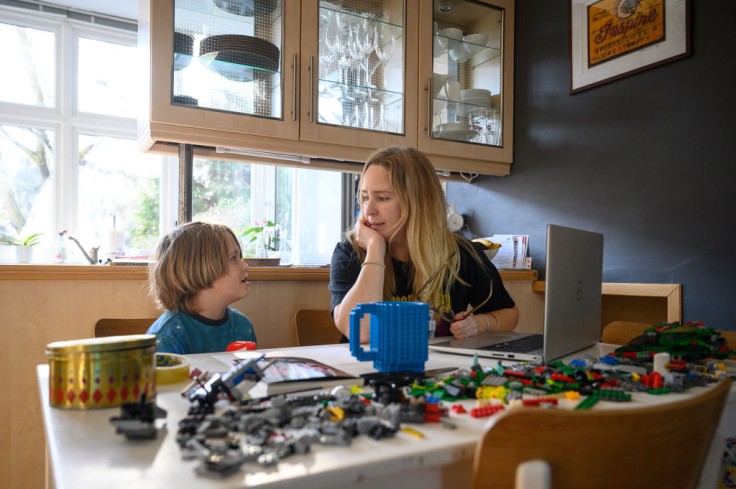
When it comes to our kids' education, choosing between homeschooling and traditional schooling is a big deal.
It's a topic that gets everyone talking, and parents want to make the right call. Recently, homeschooling has become a thing, a different path from the usual school setup.
It's where parents take on the role of teachers, creating a plan that suits how their kid learns best. Homeschooling is all about flexibility, offering a more personal learning experience that fits individual interests and strengths.
To know more about the benefits of homeschooling and traditional schooling, let's dig into the important stuff every parent should think about when figuring out the best way for their child to learn.
The Good Stuff About Homeschooling
- Learning Tailored to Your Kid: The cool thing about homeschooling is that you, as a parent, get to make the learning plan fit your child's pace and style. It's like a customized approach that helps them really get into subjects and explore what they're into.
Making Your Own Schedule: With homeschooling, you're the boss of the schedule. This flexibility is perfect for families with lots going on, be it travel, sports, or dealing with health stuff.
Family Bonding Time: Homeschooling tends to bring families closer. Learning together creates a special kind of connection, and you get to pass on your family values straight through education.
Personalized Learning: Homeschooling stands out because you can tailor the curriculum to your child's needs and pace. This customized approach helps them truly understand subjects and lets them explore their interests deeply.
However, homeschooling also comes with a few hurdles. In realistic practice, homeschooling isn't all sunshine. There are challenges like figuring out how to keep your kid social, creating a curriculum from scratch, and making sure they stay on track.
The Upsides of Traditional Schooling
On the flip side, there's the usual route - traditional schooling. That's where kids head off to a regular school and follow the standard curriculum.
Making Friends and Socializing: Traditional schools are the place for kids to hang out with other kids. This is where they learn those social skills everyone talks about, important for real-world stuff.
Teachers Who Know Their Stuff: In traditional schools, teachers are pros. They've got the whole lesson plan down, making sure your kid covers all the subjects.
Extra Fun Stuff: Traditional schools offer a bunch of cool activities outside the regular classes - sports, arts, you name it. It's a chance for your kid to try different things and find what they're good at.
Of course, nothing's perfect. Traditional schools have their downsides, like less flexibility, big classes, and not much room to customize things for your kid.
Read Also: Navigating Difficult Conversations: How to Guide Your Child Through War Content on Social Media
Making the Smart Choice
Deciding between homeschooling and traditional schooling depends on your family. To make the right call, think about how your child likes to learn, what your family's daily life is like, and what your kid needs.
- How Does Your Kid Learn Best? Some kids love the classroom vibe, while others need more freedom. Figure out what works for your child.
- What's Your Family Life Like? Take a look at your family's day-to-day life. If you're always on the go, homeschooling might be a good fit. If you like routines, maybe traditional schooling is more your speed.
- What Does Your Kid Need? Consider what your child is into and where they might need a bit of help. Homeschooling lets you do your thing, while traditional schooling is a bit more set in its ways.
In the ongoing debate of homeschooling vs. traditional schooling, there's no one-size-fits-all answer. Both have their good and not-so-good parts.
The key is knowing what your kid needs and what your family is all about. By weighing the pros and cons of both options, you can make a thoughtful choice that sets your child on a path to success in both school and life.
Related Article: How Parents Can Help With Homework (Without Taking Over)